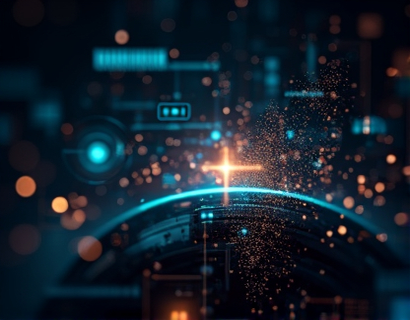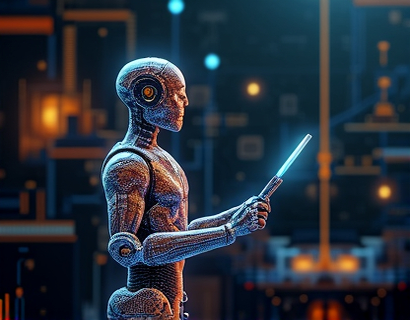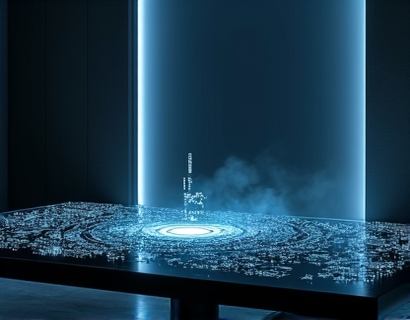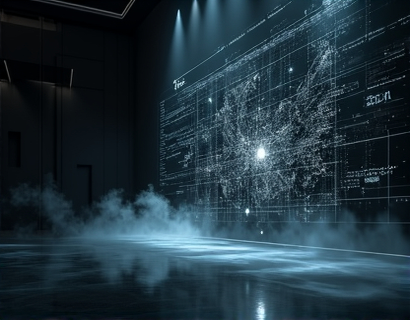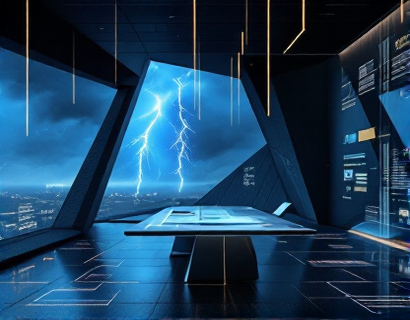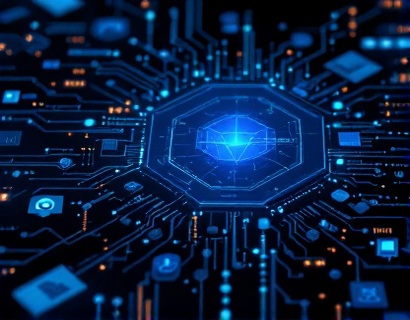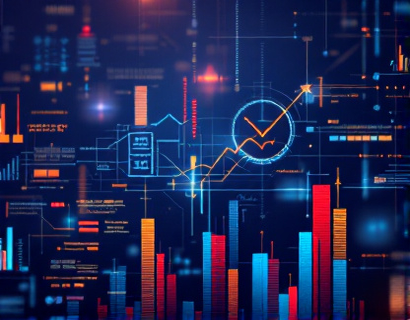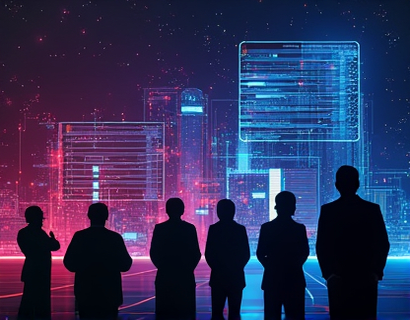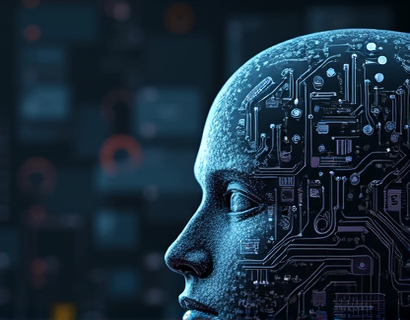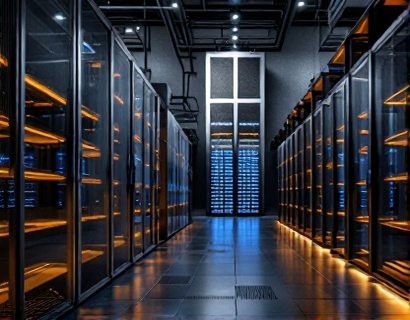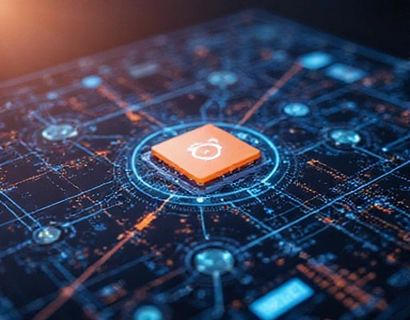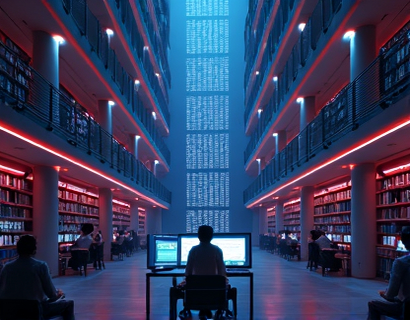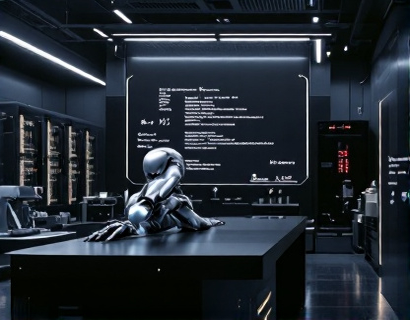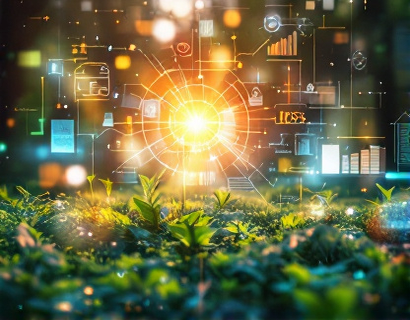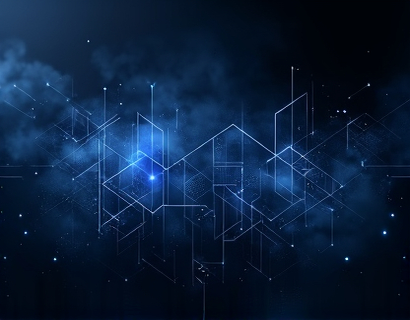Decentralized DAOs: Pioneering Community-Driven Governance for Web3 Protocols
In the rapidly evolving landscape of Web3, decentralized autonomous organizations (DAOs) are emerging as a transformative force, redefining how communities govern and manage digital protocols. This article delves into the concept of DAOs, highlighting their role in fostering community empowerment, transparency, and scalability in the management of Web3 protocols. By exploring the intricacies of DAOs, we aim to illuminate the path towards a more interconnected and innovative digital future.
Understanding Decentralized Autonomous Organizations
At its core, a DAO is a digital entity that operates on blockchain technology, governed by smart contracts rather than a central authority. These smart contracts encode the rules and procedures for decision-making, fund management, and protocol updates, ensuring that all actions are transparent and immutable. The decentralized nature of DAOs means that control is distributed among members, typically represented by tokens, which grant voting rights.
The concept of DAOs builds upon the principles of decentralization and autonomy, which are fundamental to the Web3 vision. Unlike traditional organizations, DAOs do not have a hierarchical structure, and decisions are made collectively by the community. This shift from centralized to decentralized governance has profound implications for the future of digital platforms and protocols.
Community Empowerment Through DAOs
One of the most significant advantages of DAOs is their ability to empower communities. In a DAO, every token holder has a voice in the governance process, regardless of their technical expertise or financial status. This democratization of decision-making ensures that the interests of the community are prioritized, fostering a sense of ownership and engagement among members.
For instance, in a DAO managing a decentralized finance (DeFi) protocol, token holders can propose and vote on changes to the protocol's parameters, such as interest rates, fee structures, and new feature implementations. This direct involvement in the governance process not only enhances transparency but also encourages active participation and innovation within the community.
Transparency in DAO Governance
Transparency is a cornerstone of DAO governance. All transactions, proposals, and votes are recorded on the blockchain, providing a public ledger that anyone can access. This level of transparency builds trust among community members and external stakeholders, as there is no room for hidden agendas or corrupt practices.
Moreover, the immutability of blockchain ensures that once a decision is made, it cannot be altered or reversed without consensus. This feature is crucial in maintaining the integrity of the governance process and preventing manipulation by any single entity.
Scalability in Protocol Management
Scalability is a critical challenge in the Web3 ecosystem, and DAOs offer a scalable solution for managing complex protocols. By distributing governance responsibilities across a network of token holders, DAOs can handle a growing number of users and transactions without the bottlenecks associated with centralized systems.
For example, a DAO managing a decentralized marketplace can efficiently handle an increasing volume of trades and listings by delegating tasks to automated smart contracts. These contracts execute transactions and manage inventory in real-time, ensuring smooth operations and reducing the need for manual intervention.
Case Studies: Successful DAOs in Web3
Several DAOs have already demonstrated the potential of community-driven governance in Web3. One notable example is the DAOstack, a platform that enables the creation and management of various DAOs. DAOstack provides a suite of tools and protocols that facilitate the establishment of decentralized organizations, making it easier for communities to come together and govern their projects.
Another example is the Aragon DAO, which offers a framework for building and managing decentralized organizations. Aragon allows users to create custom DAOs with tailored governance models, ensuring flexibility and adaptability to specific use cases. This platform has been instrumental in the development of numerous successful DAOs across different domains, from DeFi to content creation.
Challenges and Considerations
While DAOs offer numerous benefits, they also come with challenges that need to be addressed. One of the primary concerns is the technical complexity involved in setting up and managing a DAO. Not all communities have the expertise to navigate the intricacies of smart contracts and blockchain technology, which can be a barrier to entry.
Additionally, the governance process in DAOs can sometimes be slow and cumbersome, especially when reaching consensus on complex issues. This is an area where continuous improvement and innovation are necessary to enhance efficiency and responsiveness.
Future Prospects of DAOs in Web3
The future of DAOs in Web3 is promising, with ongoing developments aimed at addressing current challenges and expanding their capabilities. One area of focus is the integration of advanced technologies such as artificial intelligence and machine learning to assist in decision-making processes. These tools can help streamline governance by providing data-driven insights and automating routine tasks.
Furthermore, the interoperability of DAOs across different blockchain platforms is gaining traction. By enabling seamless interaction between various DAOs, the Web3 ecosystem can become more cohesive and collaborative, fostering a richer and more diverse digital environment.
Joining the DAO Movement
For web3 enthusiasts and innovators, participating in DAOs represents an exciting opportunity to be part of a revolutionary movement. By joining a DAO, individuals can contribute to the governance of a project they believe in, influence its direction, and benefit from its success. The sense of community and shared purpose in a DAO is unparalleled, offering a glimpse into the future of decentralized collaboration.
Whether you are a developer, an investor, or simply someone passionate about decentralized technologies, there is a place for you in the DAO ecosystem. Embrace the journey towards a more interconnected and innovative digital future by exploring the world of decentralized autonomous organizations.




